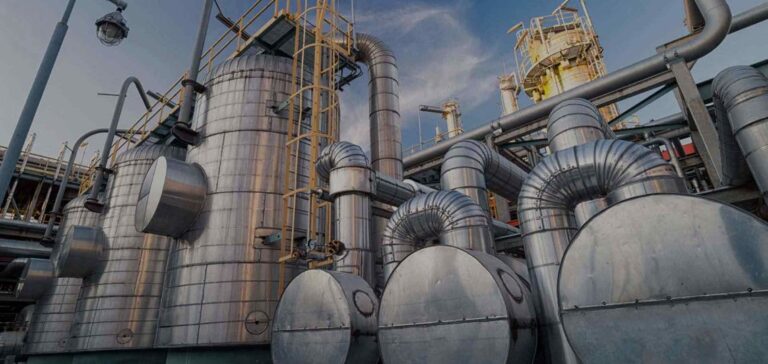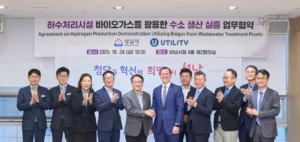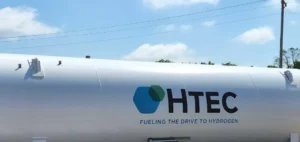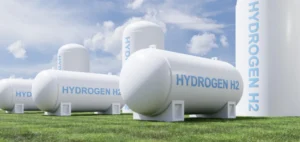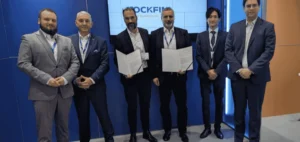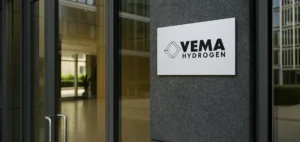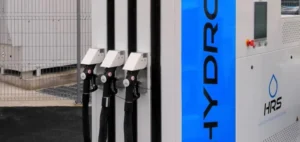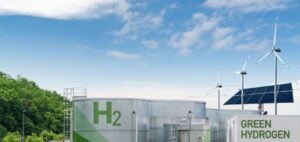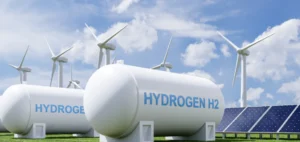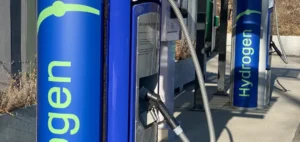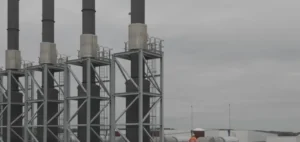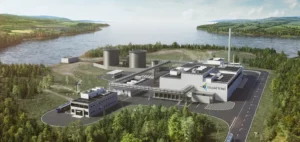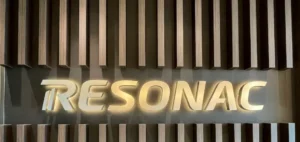The hydrogen industry in Europe is gradually emerging from a challenging period marked by several bankruptcies and significant business divestitures. Recent announcements of substantial European funding indicate a new dynamic of consolidation around industrial groups equipped to handle demanding economic and competitive conditions. This revival comes as the sector continues to face major technological challenges and high costs for decarbonized hydrogen, significantly hindering widespread adoption, particularly compared to more competitive fossil fuels. However, several large-scale initiatives could now allow the industry to reach a strategic milestone.
Europe finances the recovery
The European Union (EU) has recently approved substantial investments aimed at stabilizing and strengthening the industrial hydrogen supply chain. Among the primary beneficiaries are high-value industrial projects such as the joint venture between the French company H2V and German firm Hy2gen, involving an investment of €1.5 billion at Fos-sur-Mer to produce sustainable aviation fuel. These European initiatives aim to reduce energy dependency while consolidating a strategic market.
Additionally, Lhyfe, a company specializing in renewable hydrogen production, has also recently secured €53 million in bank financing to build four new electrolysis sites, including one in Germany. This financing, involving the Edmond de Rothschild bank among others, highlights the growing interest of financial institutions in projects now considered mature and promising enough to attract private capital.
Large-scale projects and strategic consolidation
Europe is currently witnessing a significant increase in projects aimed at meeting industrial and heavy mobility needs. In Cologne, Germany, for example, a fleet of 160 hydrogen buses is currently being deployed, illustrating the concrete commercial potential of this technology in urban transport. Other countries such as the Netherlands and Denmark are implementing similar initiatives to integrate hydrogen into their public mobility infrastructures.
Nevertheless, the recent period has seen considerable difficulties for some European industrial players. The recent liquidation of the French electrolyzer manufacturer McPhy and the takeover of the hydrogen bus manufacturer Safra by a Chinese group underline ongoing vulnerabilities in this emerging sector. This often harsh consolidation, however, is fostering the emergence of better-capitalized European players capable of ensuring stable and competitive industrial production in the medium term.
Economic challenges and competitiveness
Despite recent progress, Europe’s hydrogen industry still faces significant economic challenges, notably related to the high cost of electricity in Europe. This factor significantly raises electrolysis production costs, limiting hydrogen’s competitiveness compared to conventional fossil fuels. To address this structural issue, several European countries are now considering innovative economic models involving long-term renewable electricity contracts to stabilize and reduce energy costs associated with hydrogen production.
In response to these challenges, the European hydrogen sector is now receiving focused attention from European authorities, who view it as a lever for industrial growth and energy independence. The European Commission thus plans to significantly increase direct and indirect financial support to help sector companies sustainably overcome current economic and technological hurdles. This strategy could reinforce European industrial competitiveness on a global scale.


